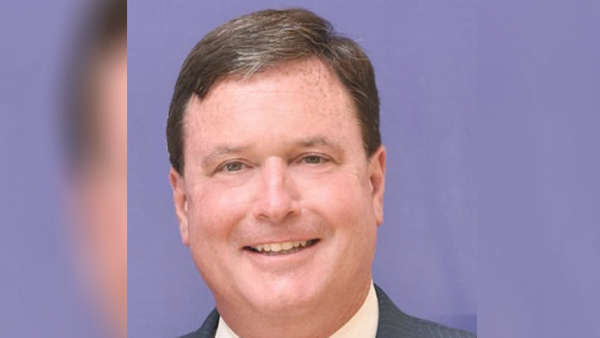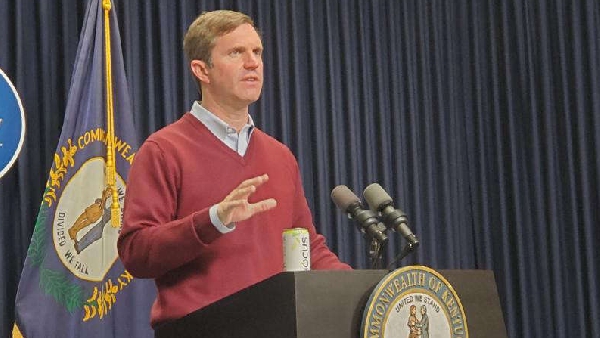KDE releases guidance on COVID-19 remote learning flexibilities, Senate Bill 25

(FRANKFORT, KY) – The Kentucky Department of Education (KDE) has released a new guidance document, "Guidance for COVID-19 Remote Learning Flexibilities," to support districts as they navigate the extended flexibility of temporary remote learning.
On Jan. 14, Gov. Andy Beshear signed into law Senate Bill (SB) 25, which extends flexibility for school districts to use temporary remote learning due to significant absences of students or staff related to COVID-19.
Districts can use up to 10 temporary remote learning days between Jan. 1 through June 30, 2022 to assign students to remote learning. These remote learning days are separate from the 10 nontraditional instruction (NTI) days annually granted to districts under KRS 158.070(9).
SB 25 also extends flexibilities for school districts to re-employ retirees, both certified and classified, through June 30, 2022.
SB 25 did not impact the requirements of Section 7 of SB 1 from the 2021 extraordinary session that required certified and designated classified staff to perform work duties on site during an NTI day, except for employees quarantined due to COVID-19 who can perform duties remotely.

 Indiana Attorney General distributes $21.7 million to Hoosier communities in latest wave of opioid settlement funds
Indiana Attorney General distributes $21.7 million to Hoosier communities in latest wave of opioid settlement funds
 Kentucky's Governor Challenges Trump Administration Over Illegal Suspension of SNAP Benefits
Kentucky's Governor Challenges Trump Administration Over Illegal Suspension of SNAP Benefits
 Kentucky Governor and Congressman Urge Congress To Extend Tax Credits To Protect Affordable Health Coverage for Kentuckians
Kentucky Governor and Congressman Urge Congress To Extend Tax Credits To Protect Affordable Health Coverage for Kentuckians






